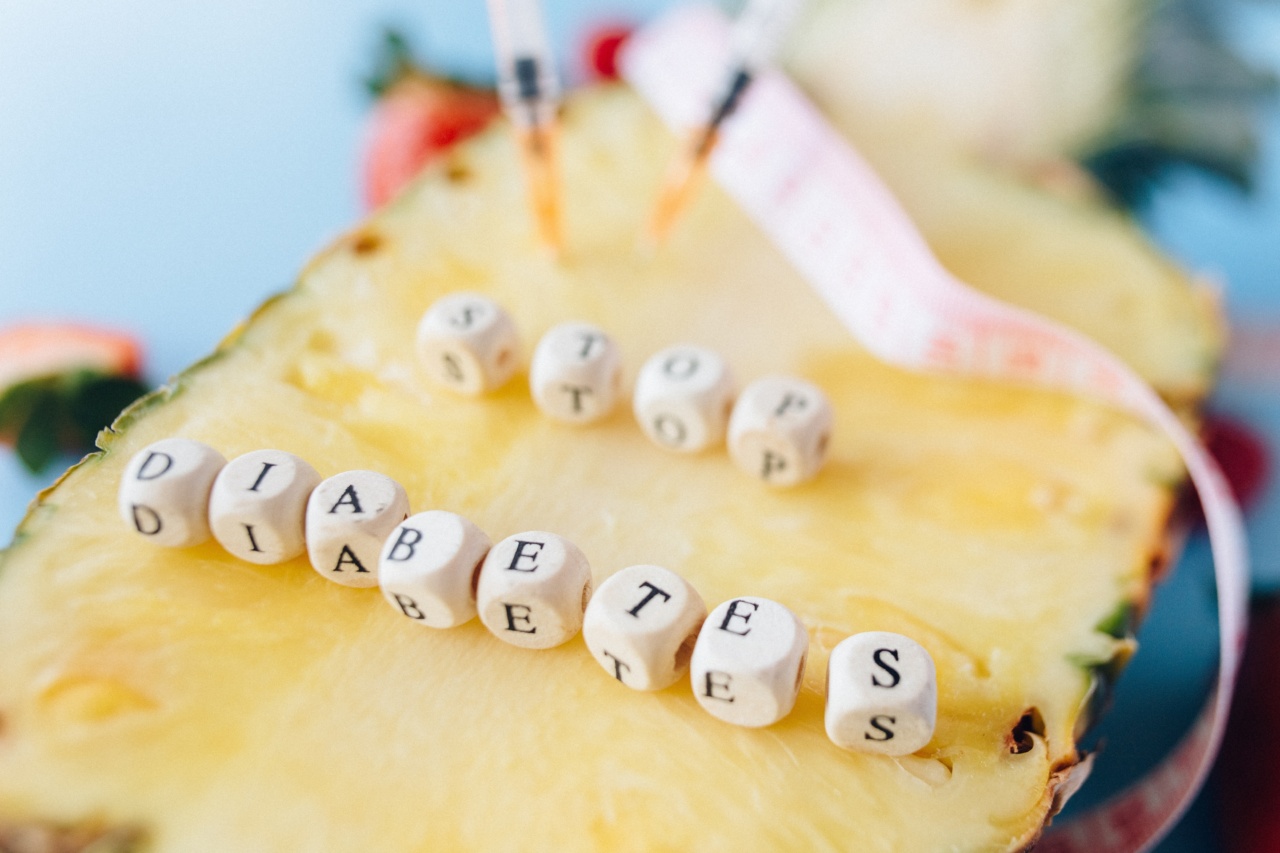Chronic kidney disease (CKD) is a progressive condition that affects the functioning of the kidneys, leading to a variety of health complications.
However, with the right nutrition strategies, individuals with CKD can optimize their health and improve their overall longevity. This article explores the key dietary considerations for managing CKD and promoting long-term well-being.
Understanding Chronic Kidney Disease
Chronic kidney disease refers to the gradual loss of kidney function over time. The kidneys play a crucial role in filtering waste products, excess fluids, and electrolytes from the blood.
In CKD, the kidneys become less efficient in performing these essential functions, leading to the accumulation of harmful substances in the body.
CKD is typically characterized by five stages, ranging from mild (stage 1) to severe (stage 5), also known as end-stage renal disease (ESRD).
Individuals with CKD may experience symptoms such as fatigue, fluid retention, hypertension, anemia, and bone disorders.
Importance of Nutrition in CKD Management
Nutrition plays a pivotal role in managing CKD. A well-planned diet can help slow the progression of kidney disease, alleviate symptoms, and reduce the risk of complications.
The primary goals of nutrition strategies for individuals with CKD are to maintain healthy body weight, preserve kidney function, control blood pressure, and manage blood sugar levels if diabetes is present.
Limiting Sodium Intake
Reducing sodium intake is essential for individuals with CKD as it helps manage blood pressure and prevent fluid retention. Foods high in sodium, such as processed meats, canned soups, and fast foods, should be limited.
Instead, individuals should opt for fresh fruits and vegetables, which are naturally low in sodium.
Controlling Protein Consumption
Individuals with CKD often need to limit their protein intake, as excessive protein can strain the kidneys and accelerate the decline in kidney function. However, protein is still important for maintaining overall health and preventing muscle wasting.
Therefore, it is essential to work with a healthcare provider or dietitian to determine the appropriate amount of protein needed.
Monitoring Potassium and Phosphorus Intake
People with CKD may need to limit their intake of potassium and phosphorus, as imbalances in these minerals can be harmful to the kidneys.
High levels of potassium can cause irregular heart rhythms, while excess phosphorus can weaken bones and lead to mineral imbalances. Foods such as bananas, tomatoes, dairy products, and processed foods should be consumed in moderation.
Choosing the Right Fats
Selecting healthy fats is crucial for individuals with CKD. Unsaturated fats, such as those found in olive oil, avocados, and nuts, are preferred over saturated and trans fats.
These healthy fats support heart health, reduce inflammation, and provide essential nutrients without negatively impacting kidney function.
Moderating Fluid Intake
Monitoring fluid intake is essential for individuals with CKD, especially those in the later stages. Excess fluid can lead to fluid retention, swelling, and increased blood pressure.
It is crucial to work with a healthcare provider or dietitian to determine the appropriate fluid allowance based on individual needs.
Calcium and Vitamin D Supplementation
CKD can lead to weakened bones and an increased risk of fractures. To maintain bone health, individuals with CKD may require calcium and vitamin D supplementation.
These nutrients help the body absorb and utilize calcium, promoting strong and healthy bones.
Avoiding Phosphate Additives
Phosphate additives are commonly found in processed foods and beverages, including carbonated drinks and frozen meals. These additives can significantly contribute to increased phosphorus levels in the body.
To manage phosphorus levels effectively, individuals with CKD should strive to consume a predominantly whole food-based diet and check food labels for phosphate additives.
Individualized Approach to Nutrition
It is important to note that nutrition strategies for individuals with CKD should be individualized.
The specific dietary recommendations may vary depending on the stage of CKD, presence of other health conditions, medications, and overall health status. Therefore, it is crucial to consult with a healthcare provider or registered dietitian who specializes in kidney disease to develop a personalized nutrition plan.
Conclusion
In conclusion, nutrition plays a significant role in managing chronic kidney disease and promoting longevity.
By following a well-planned diet that takes into account specific considerations for CKD, individuals can help slow the progression of the disease, manage symptoms, and improve overall health outcomes. Working closely with healthcare professionals is essential to develop an individualized nutrition plan that addresses the unique needs of each individual with CKD.






























